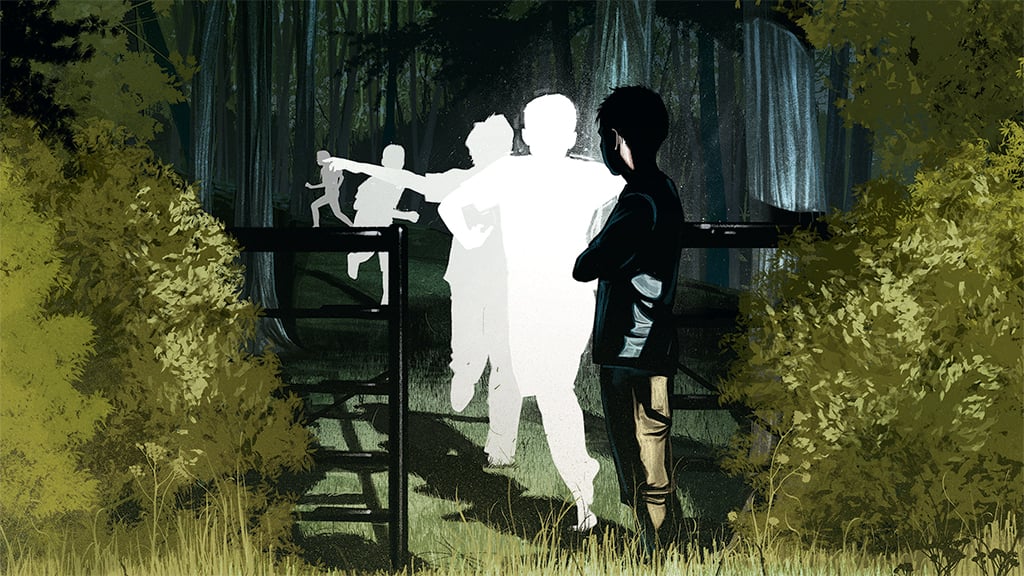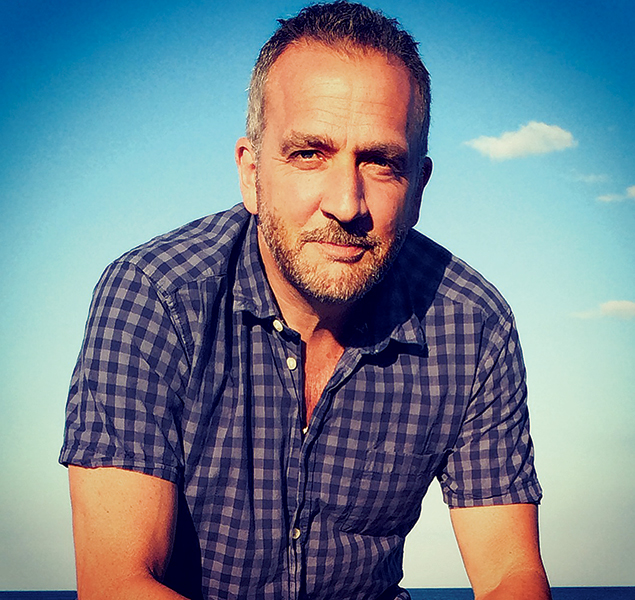In Anthony Shadid’s masterful book, it’s easy to tell when America won the battle for Iraq. The challenge is figuring out when he thinks we lost the war.
It could have been when looters ran wild after Baghdad fell in 2003. Or when the United Nations gave control of the occupation to the United States. Or when a mob killed four American contractors in Fallujah in March 2004. Perhaps we lost the war in 1917 when British lieutenant general Sir Stanley Maude entered Baghdad, ending Ottoman rule, and proclaimed, “Our armies do not come into your cities and lands as conquerors or enemies but as liberators.”
Night Draws Near—by the Washington Post’s Pulitzer Prize–winning Islamic-affairs correspondent—may be the most important writing to come out of the war so far. While most American reports have focused on US soldiers overseas, Shadid brings us to the other side. The occupiers are rarely seen or heard in these pages. Instead we journey with Shadid and his government escort, Nasir Mehdawi, across a bitterly divided country united in hatred of two things: Saddam Hussein and the American occupation.
The difference between this book and others from the war is perhaps best seen when, a week after the United Nations formally hands control of Iraq to the United States, Shadid sets out with Post colleague Thomas E. Ricks on patrol with the Army’s 1st Armored Division. As Ricks walks through Baghdad with the troops, Shadid follows behind, talking with Iraqi citizens. Ricks records a 26-year-old staff sergeant saying of the Iraqis, “Maybe ten percent are hostile. About fifty percent friendly. About forty percent are indifferent.” Says Shadid: “I asked the same question, as I followed behind. I heard a different answer—at best, fifty-fifty, and at worst a significant majority hostile.”
The book is full of historical background and subtle observations that help explain the mindset of the Iraqis—including former members of Saddam’s Baath Party, the Sunni minority, and the Shiite majority. Comparing American and Iraqi rhetoric, Shadid goes on to note that the American ideal of freedom and liberty rings hollow in a culture more focused on the equally intangible notion of justice.
That hollowness is exacerbated by millennia of history that have resigned Baghdad residents, and Iraqis in general, to a deep-seated sense of injustice. Interfamily and tribal feuds stretch back centuries. The discord between Shiites and Sunnis extends over a millennium, and the distrust of occupiers is just as long. “Baghdad is a city of lives interrupted,” Shadid writes, “its history a story of loss, waiting, and resilience.”
Shadid points out that the mere appearance of Apache attack helicopters is closely linked in Islamic society to the Israeli occupation of Palestinian territories. In a particularly insightful passage, he explains how a sense of security is absolute—one either feels safe or doesn’t; there’s no half-safe or half-scared. Hence, all the rhetoric of an “improving” security climate means little to either our soldiers or the Iraqis.
Shadid—a Lebanese-American fluent in Arabic—traces the evolution of graffiti he sees across Iraq and brings us into the houses of Iraqis hurt by both Saddam and the occupation. He takes us to villages wrestling to maintain honor and tradition in the face of Americans unprepared for Islamic culture. He provides glimpses into the diary of 14-year-old Amal Salman, who records her impressions of Saddam, the war, and the following months.
“War will be torture,” she writes as the invasion begins. “You can see sadness in the eyes of children, and fear. My mother is crying, afraid for us. War separates people, the people we love, and we are worried about the war and the destruction that comes with it.”
Perhaps Shadid’s greatest contribution is to let us in on his own evolving thoughts. Torn between his Arab-American heritage, his country, and a profession that requires objectivity, he injects a generous amount of “I” into his book—his struggles to provide comfort to some afflicted families, his speechlessness during interviews at bombing sites, his mixed emotions when Nasir’s family is attacked for helping him report.
Although it would have been nice for Shadid to offer prescriptions, that’s not the book he set out to write. Rather he’s written a complex, sympathetic, and dark portrait of a people we still understand all too poorly. It’s a book that every soldier, war planner, and policy-maker should read
Author:
Anthony Shadid
Publisher:
Henry Holt
Price:
$26















